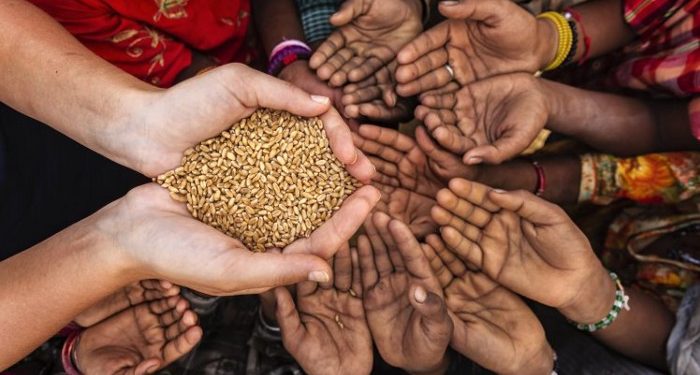According to a recent UN report, Kenya, a country already grappling with food insecurity, is likely to face an even worse situation by December. The Food and Agriculture Organization of the United Nations (FAO) and the World Food Programme (WFP) have issued an early warning for urgent humanitarian action in 18 hunger hotspots, including Kenya.
The report identifies Kenya as a hotspot of very great concern, alongside countries such as Pakistan, the Central African Republic, Ethiopia, the Democratic Republic of the Congo, and Syria. These hotspots have many people facing critical acute food insecurity, and the report predicts that their conditions will further deteriorate in the coming months.
Read more: World Food Programme To Donate KSh 7Bilion To Combat Drought In Kenya
Acute food insecurity in Kenya is expected to worsen between June and December, putting lives and livelihoods at risk. The report highlights several interlinked drivers contributing to the crisis, including economic shocks, dry climatic conditions, and, in some cases, floods. Furthermore, the prevalence of animal and plant pests and diseases further exacerbates the situation.
The report emphasizes the need for urgent and scaled-up assistance in all identified hunger hotspots to prevent a further decline in acute food insecurity and malnutrition. This assistance should focus on protecting livelihoods and increasing access to food.
While there may be a glimmer of hope in the form of above-average rainfall predicted for the October–December short rainy season in the Horn of Africa, it also brings the risk of flooding. While this rainfall could relieve vulnerable populations in rural and pastoralist areas, the full recovery of their livelihoods will likely take years.
The situation in Kenya highlights the importance of addressing the root causes of food insecurity. Long-term solutions should involve sustainable agricultural practices, infrastructure investment, improved market access, and social safety nets to support vulnerable populations.
Read more: Agriculture As Kenya’s Major GDP Contributor
Efforts to enhance climate resilience and promote diversified and resilient livelihoods should also be prioritized. This includes supporting farmers with climate-smart agricultural techniques, promoting alternative sources of income, and investing in irrigation systems to mitigate the impacts of erratic weather patterns.
International cooperation and collaboration between governments, non-governmental organizations, and humanitarian agencies are crucial to tackling the challenges of food insecurity in Kenya and other affected regions. It is essential to work together to provide immediate relief to those in need while simultaneously addressing the underlying causes to build a more secure and sustainable food system for the future.
Email your news TIPS to editor@thesharpdaily.com












